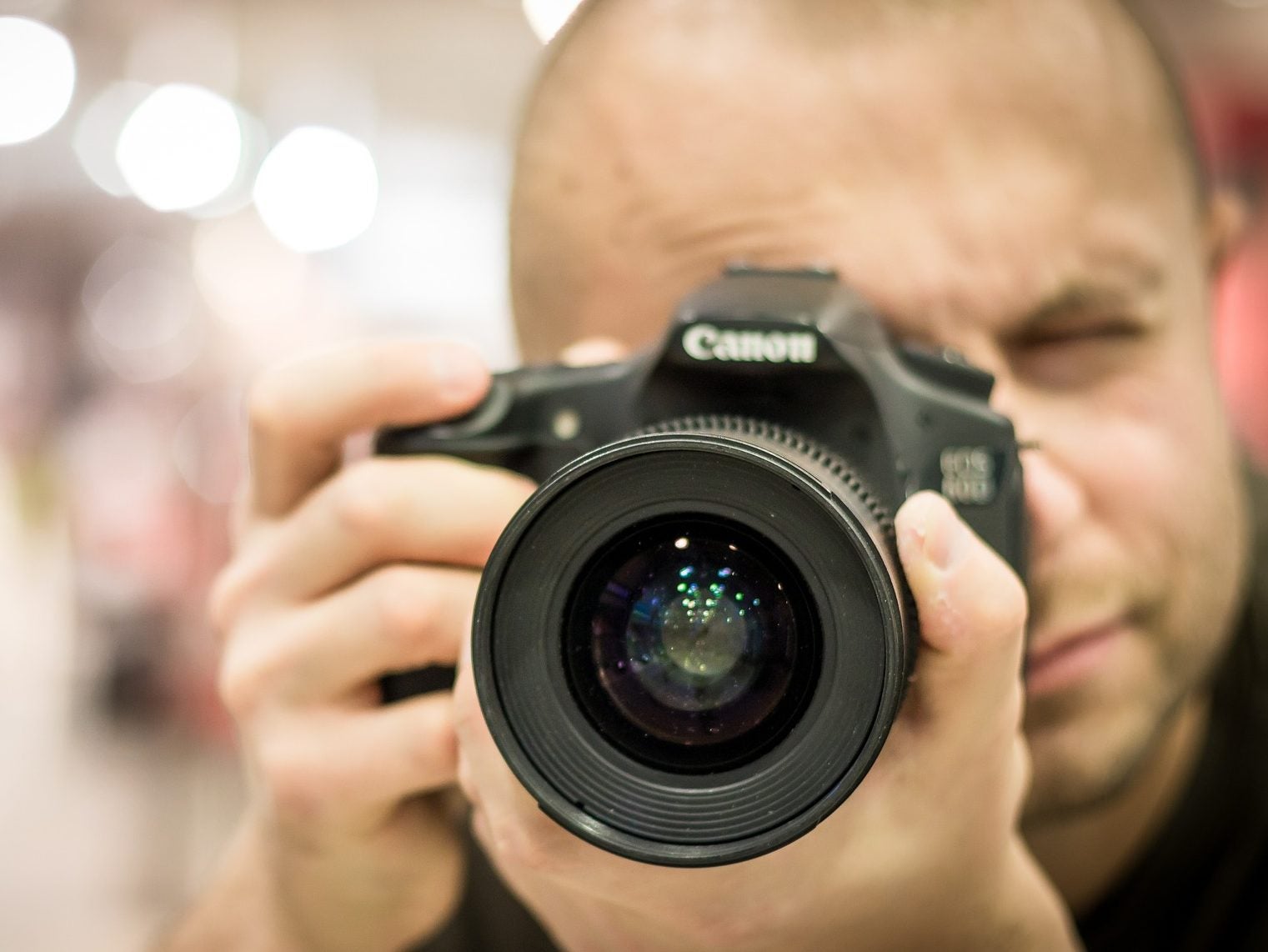
Photo agency Alamy has backtracked on plans to reduce its contributor commission rates next year, apologising for the “upset caused” by the announcement.
Photographers were told on 4 December that their commission for images sold through the photo wire service would drop from 50 per cent to 40 per cent from February next year, with the other 60 per cent staying with the company.
Yesterday contributors were told by email that photos exclusive to Alamy, which are not put on competitor sites, will now remain at the 50 per cent royalty rate on a per-image basis.
The email said the change in strategy was taken “after careful review, and taking into consideration photographer feedback”.
Photographers will still be able to sell their images through their own websites and other channels and keep the 50 per cent rate, but any images put onto competitor sites will only receive 40 per cent commission.
In a Youtube video published yesterday, Alamy chief executive James West said: “I would like to start by apologising to all of you for the upset caused by my previous announcement… The plan is still largely the same, with one important modification.”
West added: “I realise that this doesn’t solve it for everybody. It’s a very large community of contributors on Alamy.
“We have to find a way to increase the investment pool to go head to head with our competitors and try and do right by our photographers in the long run.
“We wouldn’t be here today if it wasn’t for your significant investment in time and effort and faith in us for which we’re eternally grateful.”
Alamy will share further plans for the rest of 2019 in the next quarter, along with more insight into its operating model and cost structure, West said.
The BPPA’s board told Press Gazette in a statement that Alamy is “still not listening” to a number of concerns raised by its contributors.
It said: “Alamy’s move to alter their commission structure has brought a large number of other issues to the surface, such as the low prices they sell pictures for, their broken promise that when they reduced the photographers cut to 50 per cent they wouldn’t go further and their somewhat grudging acceptance that it is the commitment and buy-in from thousands of photographers that has got them to the positive position in which they now find themselves.
“The BPPA welcomes Alamy’s decision to reconsider their reduction in the percentage paid to photographers, but in making this only for exclusive content they are still going to anger many of our members.
“One of them has said ‘exclusivity is appropriate to a delicatessen, not a Walmart’ and this sums up how most feel.
“Should they push ahead with this plan the details of how they manage this will be complex. Will photographers have to make some sort of declaration for every single picture retrospectively? Will the burden for proving exclusivity rest with the photographers?
“Our opinion is that Alamy are still not listening and are still cutting the income of all those photographers who for very good reasons do not wish to, or cannot, surrender exclusivity.”
Dan Callister, a Welsh editorial and commercial photographer based in New York, tweeted last night: “Unfortunately this still isn’t viable for any professional photographer,” adding that the royalty rate should be at least 50 per cent regardless of exclusivity.
Benjamin Wareing, a student journalist who uses Alamy, told Press Gazette he welcomed the decision, adding it is “still a significant change from the current model” but is a “step back into a right direction”.
“I think it’s now at a level where photographers will have to, on an individual basis, assess whether it’s viable to stick with exclusivity with Alamy, or upload elsewhere depending on the level of sales.
“The majority of photographers I have spoken with experience more sales elsewhere.”
Wareing added that he now planned to “dabble” with other websites and settle on the one which results in the most sales or the highest income.
In the Youtube comments of West’s video, Alamy contributor Graham Lawrence wrote: “This is nothing more than insult to injury.
“Since a huge volume of photographers have obviously informed you (as indeed I have) that they will not be submitting further images to Alamy, you are feeling that big wodge of profit being squeezed from your wallet and consequently you are making a desperate attempt to stop the flow of photographers away from Alamy.”
Pete Jenkins, an Alamy contributor of 14 years, added: “To find Alamy yet again taking with one hand (demanding exclusivity) and yet with the other hand giving nothing in return saddens me hugely.”
The NUJ has previously said it was “very disappointed” in Alamy’s decision to cut commission rates for photographers.
Picture: Pixabay
Email pged@pressgazette.co.uk to point out mistakes, provide story tips or send in a letter for publication on our "Letters Page" blog
